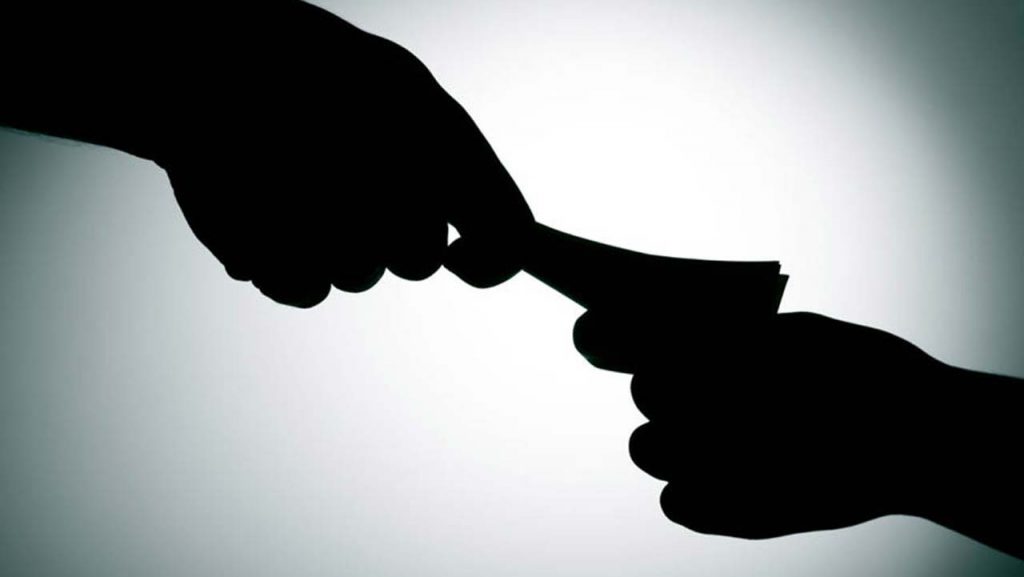
For the third consecutive year, Nigeria dropped in the 2021 Corruption Perceptions Index (CPI) ranking released on Tuesday by Transparency International (TI).
The country scored 24 out of 100 points in the 2021 index, in a report presented to journalists by Civil Society Legislative Advocacy Centre (CISLAC) in Abuja.
The report said Nigeria currently ranks 154th out of the 180 countries surveyed. In 2019, Nigeria was ranked 146, with a total score of 26 (out of 100). In 2018 and 2017, the country maintained a CPI score of 27, ranking 144 and 148 respectively.
Nigeria ranked 136 out of 176 with a score of 27 in 2014, one year before President Muhammadu Buhari was elected. The CPI is TI’s tool for measuring levels of corruption in the systems of various countries around the world.
Speaking at the launch of the report in Abuja, Executive Director CISLAC, Auwal Ibrahim Musa, noted that the index is completely impartial, objective and globally acknowledged as the most widely used cross-country parameter for measuring corruption.
He cited security sector corruption, high level of financial recklessness, abuse of budgetary processes and failure of Ministries, Departments and Agencies (MDAs) to follow due process of appropriation, among others, as reasons Nigeria was ranked low in the CPI.
He said: “The delay in treating high-profile cases of corruption dampens the morale of anti-graft agencies. It is also important for the National Judicial Council (NJC) to ensure that officers appointed are competent and qualified. The NJC should shun nepotism in its appointment of judges and when it undertakes disciplinary actions against them.
“There have been reports of diversion of funds earmarked for Nigeria’s response to the COVID-19 pandemic. Yet, Nigerians are yet to see any high-profile convictions. Individuals have been alleged to use the pandemic response as a conduit to divert funds. This needs to be addressed.
“The final weakness, which is very important, relates to the shrinking civic space and clampdown on freedom of speech. The theme of the 2021 CPI by TI beams the searchlight on human rights and democracy under attack.
“The arbitrary and illogical decision of the Nigerian government to ban Twitter on June 5, 2021 for about seven months stands condemned. While this ban has been lifted just recently, Nigeria is still suffering from the consequences of the ban.”
He called on government to examine the weaknesses and consider actions for tackling systemic corruption and salvaging the country’s deteriorating image.
In his remarks, Deputy Director of Socio-Economic Rights and Accountability Project (SERAP), Oluwadare Kolawole, said the Auditor General revealed that the N49 billion was spent by nine MDAs without appropriation by the National Assembly. He said this is in gross violation of Section 80 (4) of the 1999 Constitution as amended.
He said: “The systemic corruption in the Nigeria Police Force has sadly continued unabated and with the police at the frontline of Nigeria’s criminal justice system, with enormous powers to investigate and prosecute crimes, this weakness puts the country in bad light.”

